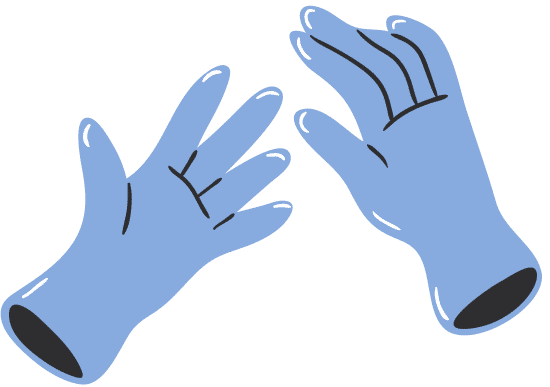Reactions to and Results of the Coronavirus
1. The Coronavirus and Social Solidarity
Reactions to COVID-19 have been varied, but one change seen across the globe has been the emergence of people wearing masks for protection. In Western countries, this change is quite new and never been seen before. Christos Lynteris with the New York Times says of this: "'Mask culture'... brings together people faced with a common threat and helps mitigate one of the secondary dangers posed by an epidemic: anomie, or the breakdown of social norms". This relates directly with Emile Durkheim's sociological theories on social solidarity and anomie. Of social solidarity, Durkheim says, "The more closely-knit members of society, the more they maintain various relationships either with one another or with the group collectively" (2007[1893], 159). This is important because the maintaining of various societal relationships strengthens our society and contributes to our customs. COVID-19 could easily break this because it limits the amount that we are physically able to be together and the amount that we can contribute to these relationships. Wearing masks has become a distant yet important way of maintaining our relationships with others because it shows others that we're thinking the same and care about each others' health. Lynteris writes, "mask-wearing created intimacy and trust in the face of danger" during the SARS epidemic, and the same is happening now during COVID-19.
Durkheim, Emile. 2007[1893]. "The Division of Labor in Society." In Classical Sociological Theory, edited by Calhoun et al, 158-78. 2nd ed. Malden, MA: Blackwell.
Lynteris, Christos. 2020. "Why Do People Really Wear Face Masks During an Epidemic?" The New York Times, February 13, 2020. https://www.nytimes.com/2020 /02/13/opinion/coronavirus-face-mask-effective.html
Lynteris, Christos. 2020. "Why Do People Really Wear Face Masks During an Epidemic?" The New York Times, February 13, 2020. https://www.nytimes.com/2020 /02/13/opinion/coronavirus-face-mask-effective.html



